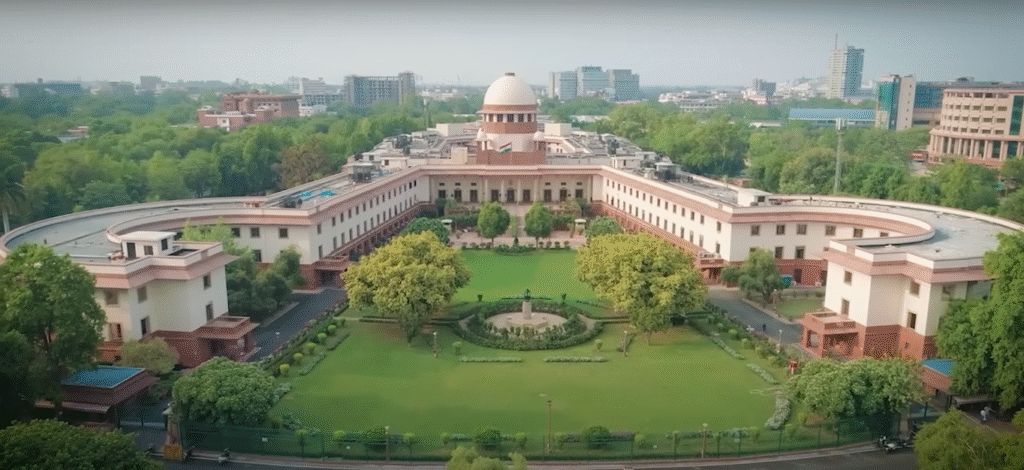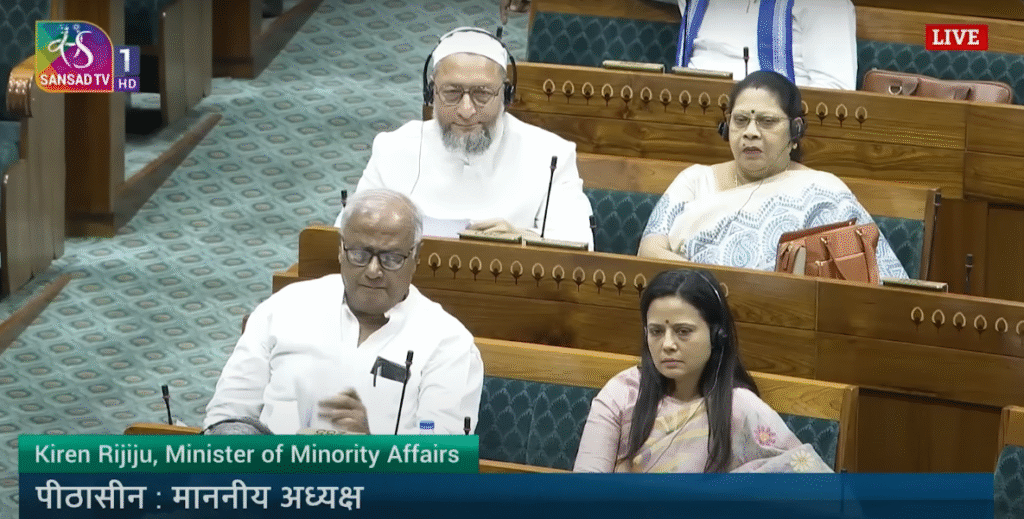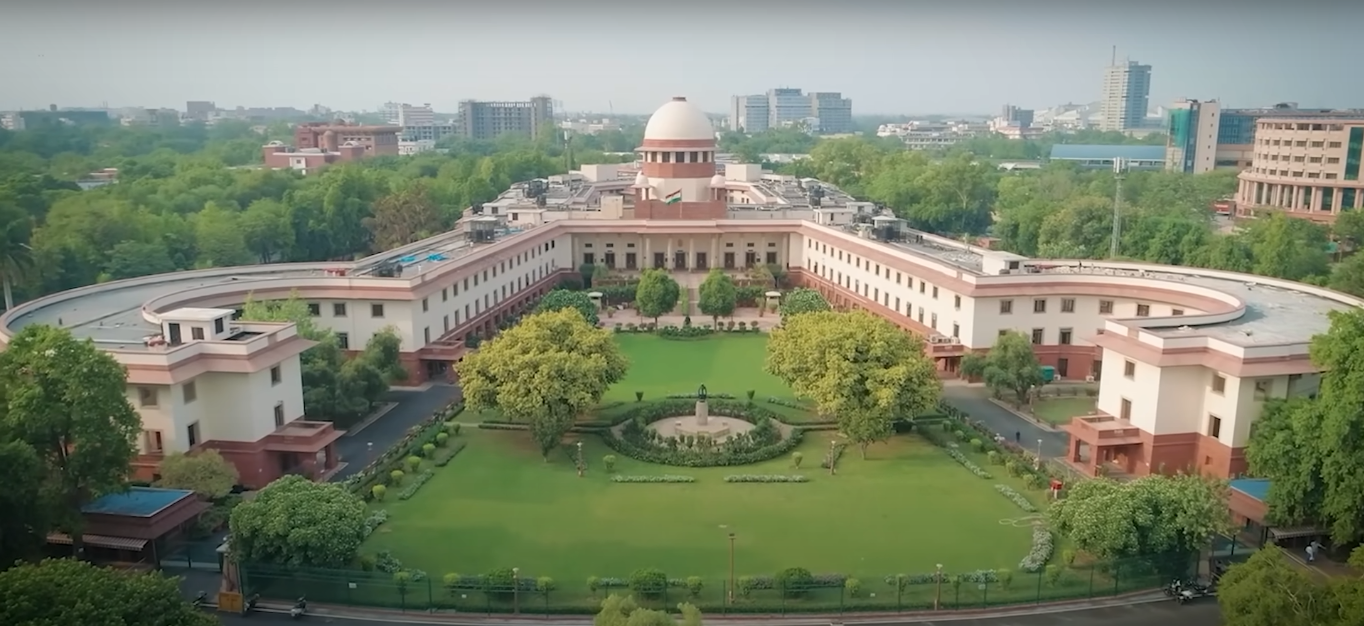
The Supreme Court has stopped all new appointments to Waqf Board and the Central Wakf Council for now. The court raised serious questions about the new Waqf (Amendment) Act, 2023, and said they will look into it properly before allowing anything further.
What Did the Supreme Court Say About the Board?
Chief Justice Sanjiv Khanna made it clear that no new appointments should happen under the new law. Even if any state tries to make appointments, those will not be valid. The court said:
“Parliament makes laws, the government implements them, and the court interprets them.”
They also said that if any land is already registered under Section 36 of the Wakf Act, then no one should mess with it, especially regarding the Waqf Board.
Why the Court Is Concerned About the Waqf Board
There are two major points in the new law that have become controversial, especially regarding the Waqf Board:
- Section 9 – Allows 12 out of 22 members of the Central Board to be non-Muslims.
- Section 14 – Allows 7 out of 11 members in State Boards to be non-Muslims.
Now the question is—how can people from outside the community run Muslim institutions like the Waqf Board?
In other religious boards like:
- Sikh Gurdwara Committee
- Tirupati Temple Trust
- Vaishno Devi Shrine Board
- Jagannath Temple Trust
Only people from the same religion are involved. Then why is this happening only with the Waqf Board?

Shocking Clause in the New Waqf Board Law
There’s one more strange thing—if the entire Waqf Board votes against the chairperson, even then they can’t remove the person without government permission.
Even worse, the CEO of a Waqf Board can now be a non-Muslim. This is being called a joke on the community. It feels like the whole power is being taken from the Muslim community and given to the government, especially through the Waqf Board.
What the Lawyer Said About the Waqf Board in Court
Senior advocate Abhishek Manu Singhvi explained how this new law can create big problems for the Wakf Board. Now, anyone can simply write to the Collector and say the land is under dispute. Until the Collector says it’s okay, the Wakf property won’t even get registered.
But here’s the twist—the Collector is a government officer, and if the government itself is taking over Wakf Board land, how can we expect the Collector to be fair?
What’s Happening with the Waqf Board in Bihar?
This issue has also become a hot topic in Bihar politics. Surprisingly, JDU leaders like Lalan Singh supported the bill more strongly than BJP. Minister Ashok Choudhary even said:
“We don’t need any Maulana. We work for the people.”
Now people are asking:
- Will Nitish Kumar take action on the Board issue?
- Did parties fully understand what they were supporting with the Board law?
- Why is this law only targeting Muslim institutions like the Board?
What’s Next for the Board?
The Supreme Court has ordered to maintain the current situation. No new appointments, and no new actions under the controversial law affecting the Board until the court gives a final decision.
The court will soon decide whether these changes go against the rights of minorities under the Constitution.
Love to hear music but budget is low? Here are some earbuds under 2k INR

